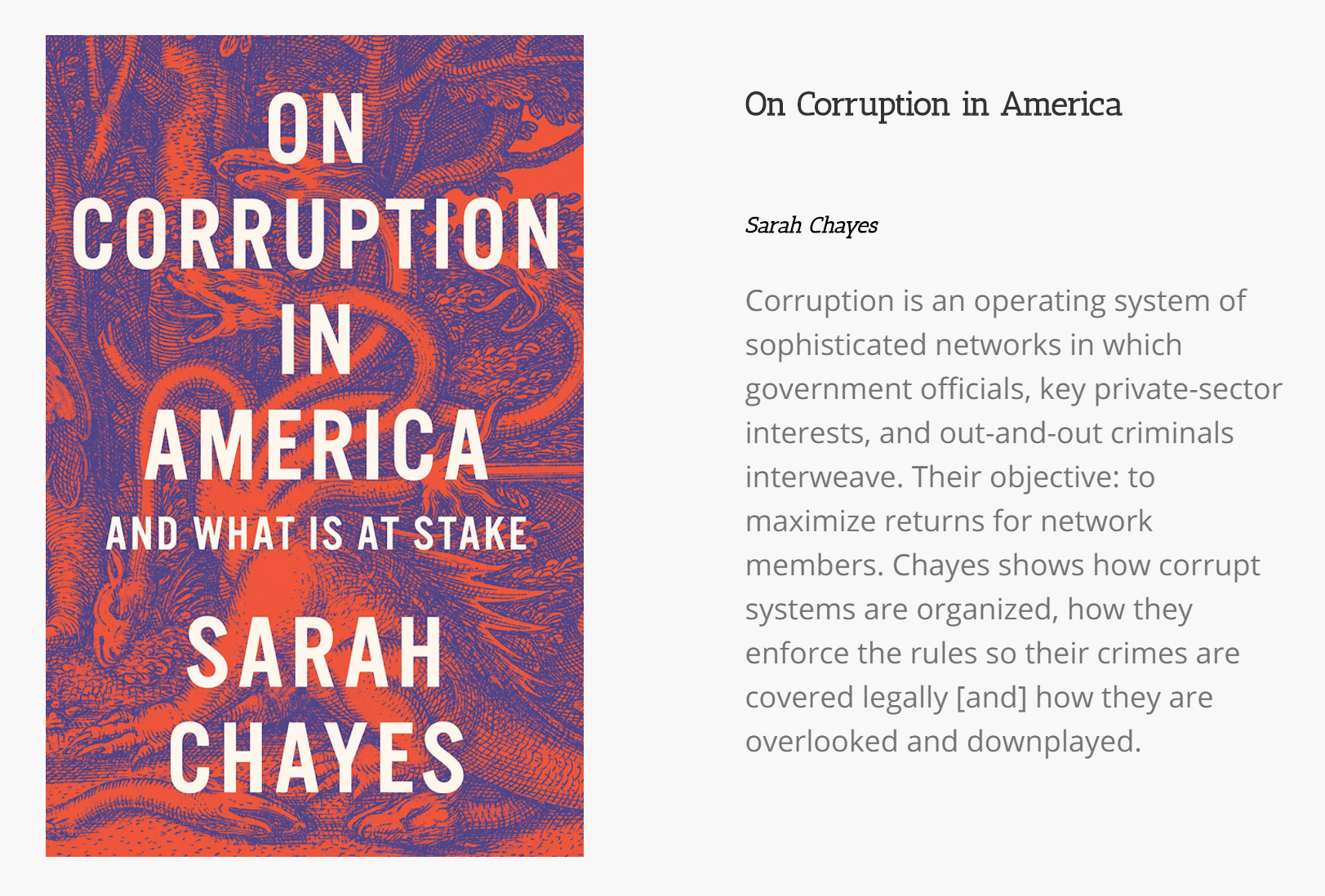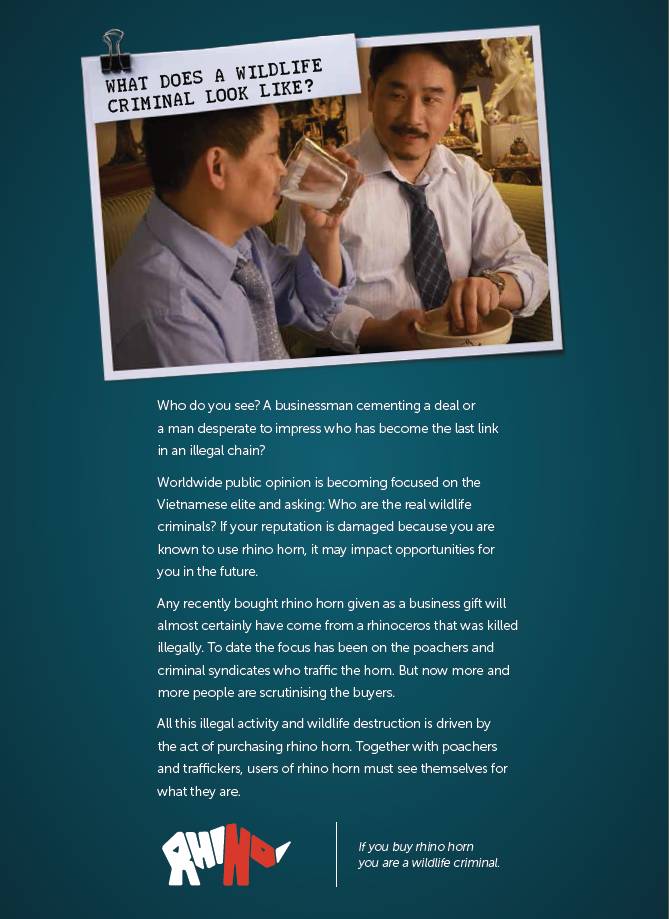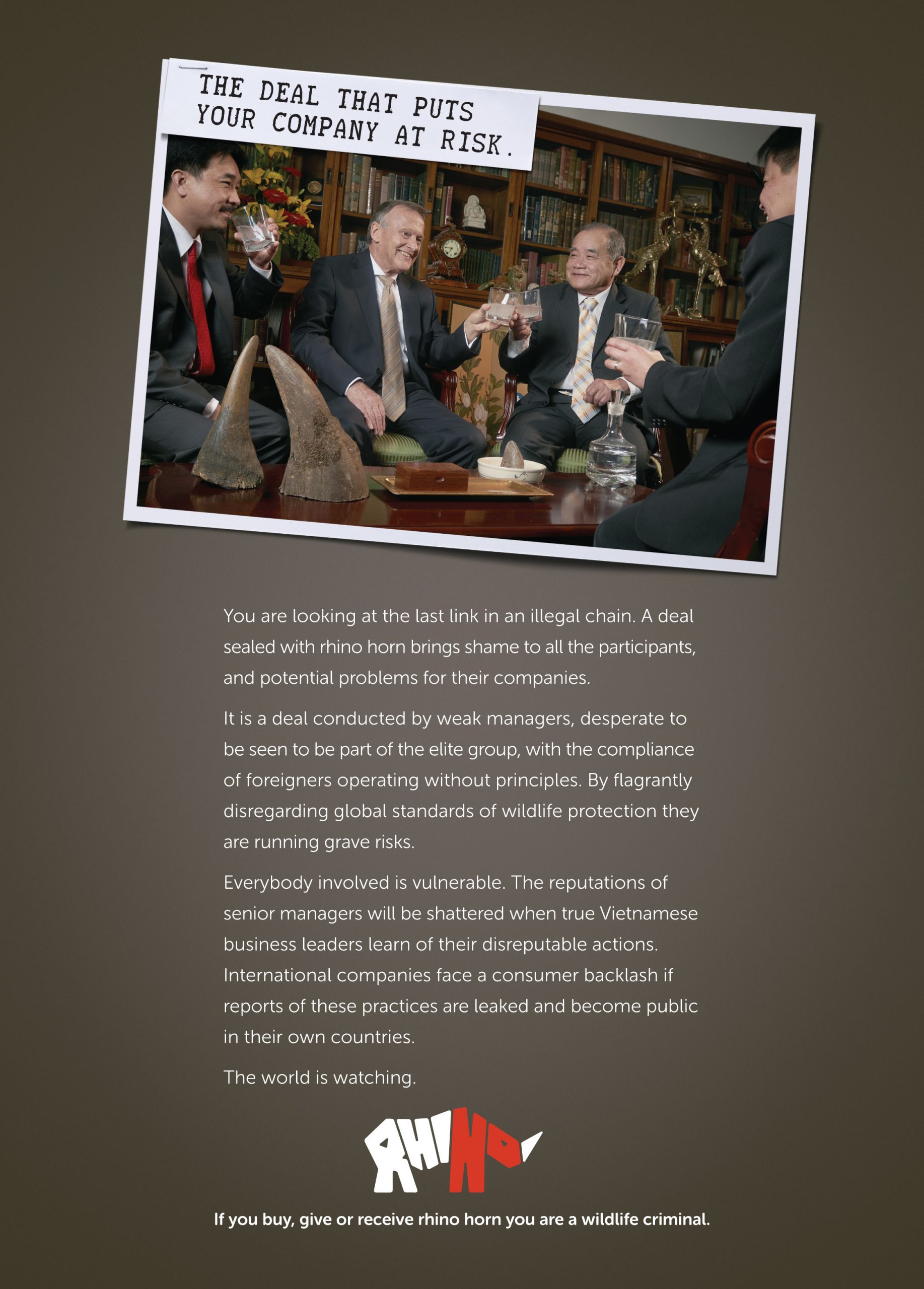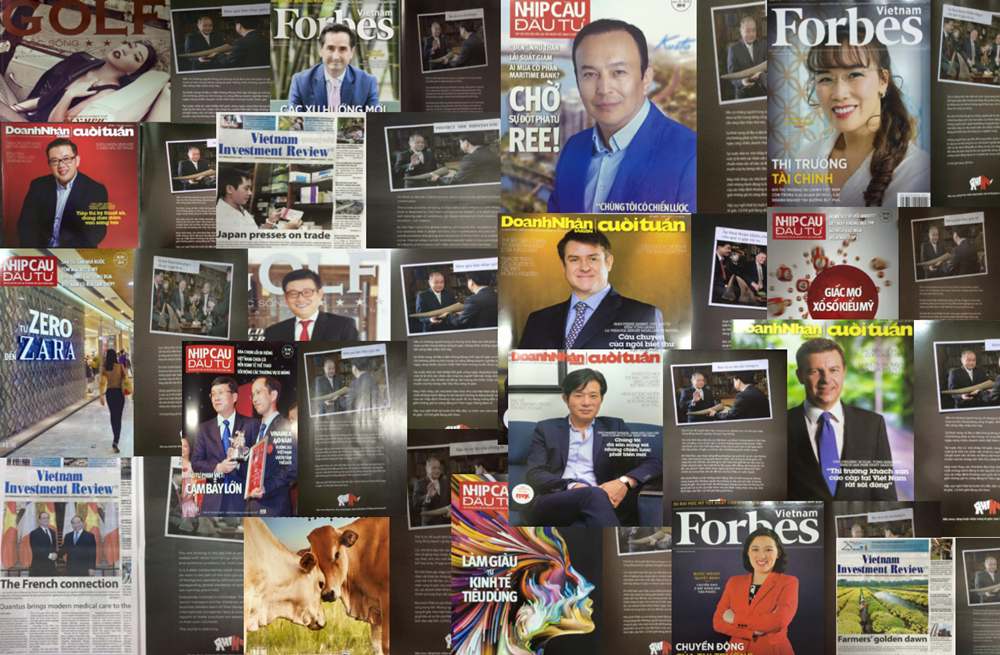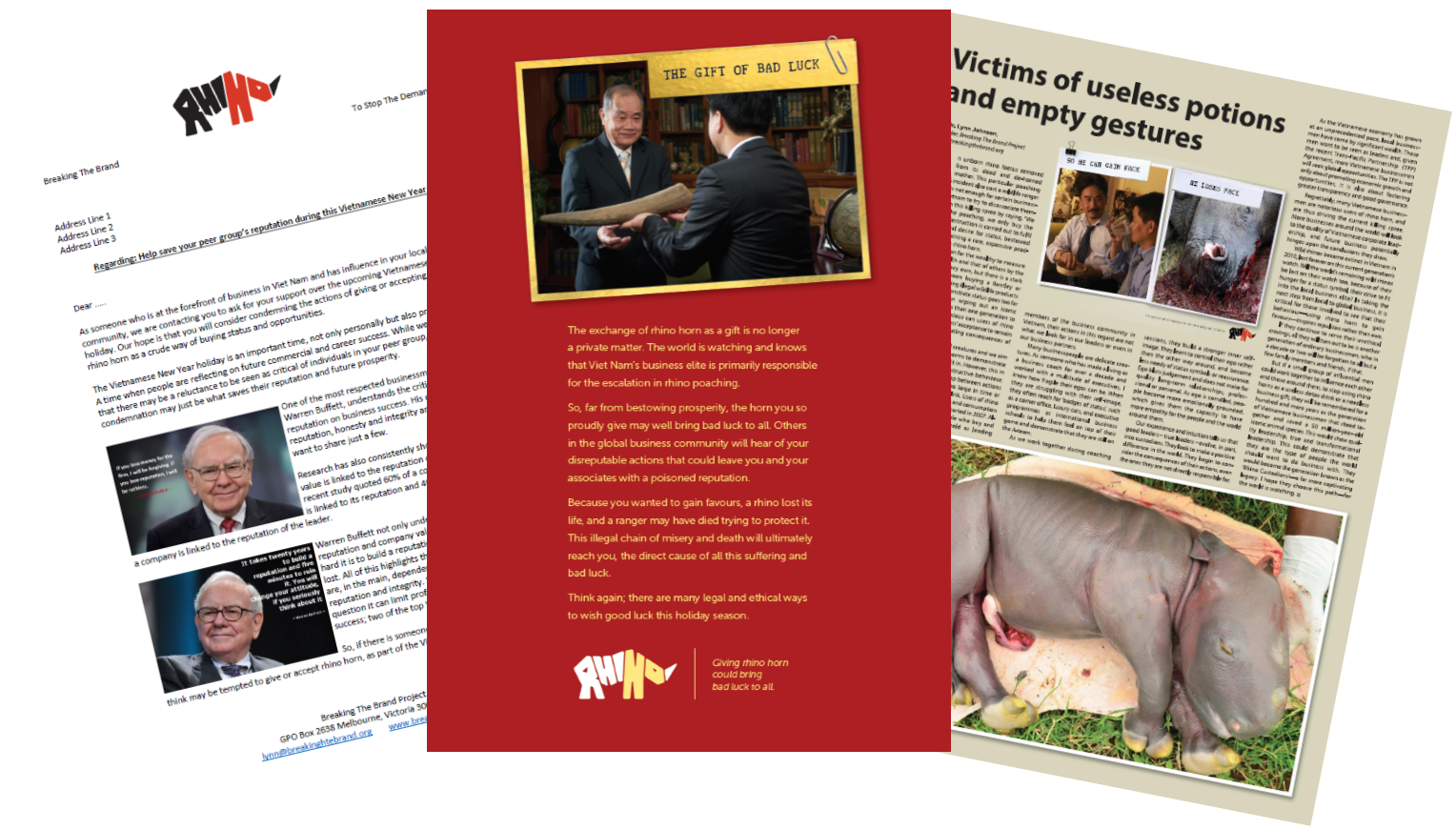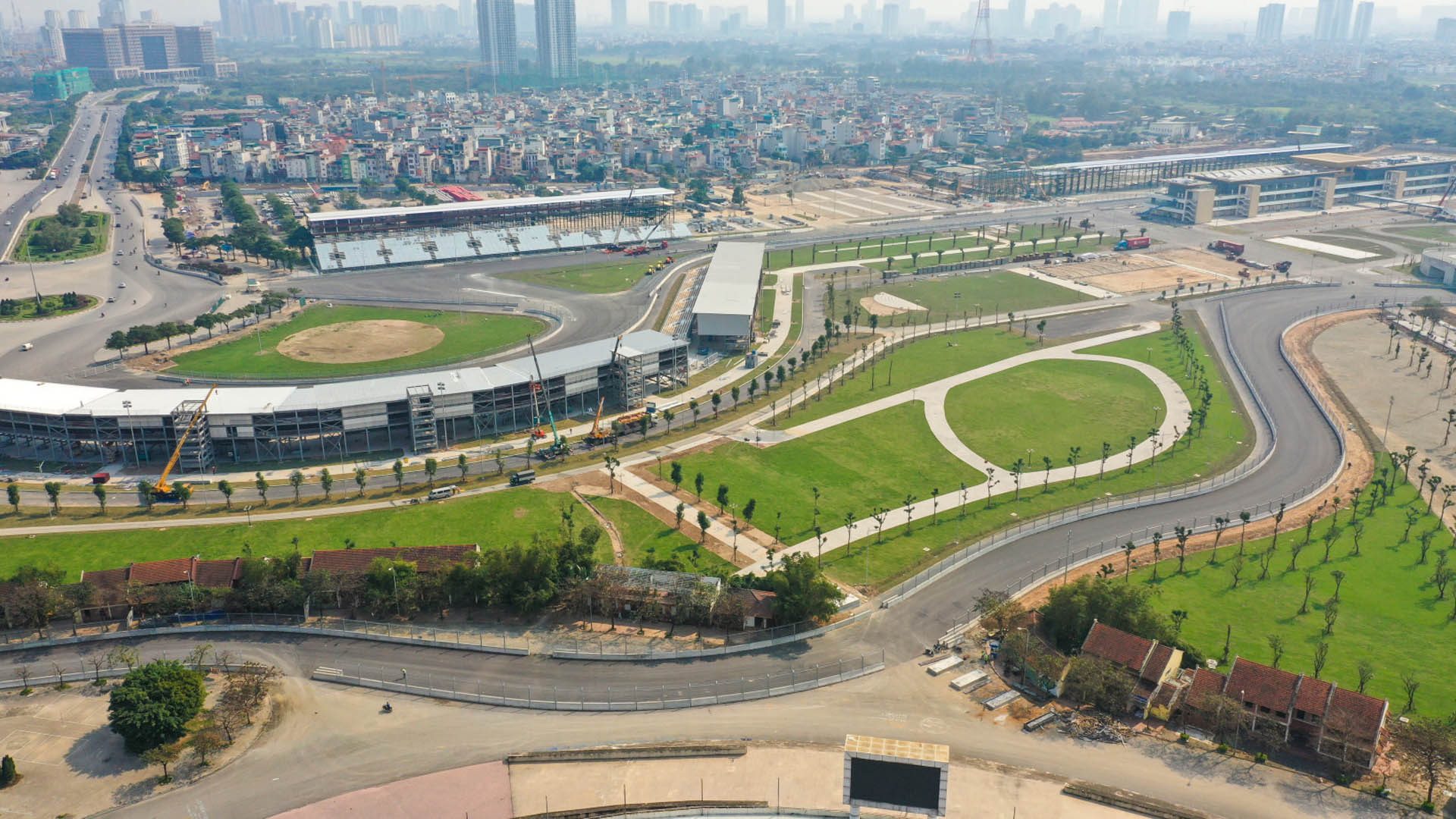
In recent days Formula 1 unveiled its 2021 calendar, calling it the ‘biggest ever F1 season’ but there is a glaring omission in the schedule. Where is Viet Nam?
Now, Vietnamese organisers have said their race, originally scheduled for April, may never take place. Why? Doubts about the Viet Nam event arose after Nguyen Duc Chung, the then Chairman of the City of Hanoi, and a major supporter of the F1 event, was arrested on corruption charges. F1 has only announced that the Hanoi race will be cancelled for the 2021 calendar.
Formula 1 is a global spectacular, an elite event and brand that cannot afford its reputation to be tarnished. Given its global profile and media coverage, this is a highly visible loss of face for Viet Nam.
This will be challenging for Viet Nam’s elite, who are enjoying the county’s recent increase in global status. Interviewing representatives of this elite group in 2013/14 when trying to understand the motivations for using rhino horn, the quest for enhanced status was a key driver for using or gifting rhino horn; status, and as a result status anxiety, resonates very strongly with this group. We used this insight throughout our rhino horn demand reduction campaigns in Viet Nam.
For example, our 2015 Breaking the Brand RhiNo campaign: What Does A Wildlife Criminal Look Like? pointed out to the Vietnamese elite if your reputation is damaged it may impact future professional opportunities. This included highlighting the greater scrutiny of Viet Nam’s business elite because of stepping onto the world stage.
So, where is the link between the use of rhino horn and Viet Nam’s loss of the F1? Accepted behaviours become established based on what is punished, what is rewarded, and primarily by what is tolerated. There is a reason for the statement “The only thing necessary for the triumph of evil is for good men to do nothing.”
In the first instance this lack of holding people to account is typically linked to issues most people don’t care about (or have little profile), such as the use of rhino horn. But once entrenched, bad behaviour becomes pervasive and increasingly visible as it starts to effect areas that matter to more-and-more people. This is the case with Viet Nam receiving F1 endorsement as one of only a small number of countries worldwide to receive a licence to run this global spectacular.
Being selected for a race provides a great opportunity to showcase the country combined with otherwise unmatched media coverage. Something that Viet Nam undoubtedly wants, and something is has now lost.
Our adverts showed Vietnamese and Western businessmen sharing rhino horn in the form of the ‘millionaire’s detox drink’, as a celebration of a new business deal, highlighting both local and international businesses are vulnerable if senior managers engage in these illegal practices. Their reputation will be damaged and Western companies face a consumer backlash at home, with the possibility of whistle-blowers leaking this complicity to the press.
Viet Nam’s attempts to raise its global profile are relatively new and in 2016, we used this growing desire to be on the world stage in our BTB RhiNo campaign, including the advert The World Is Watching.
This was the era of the Trans-Pacific Partnership and Viet Nam hosting Prince William’s conference on International Wildlife Crime. It was also the era of the ‘Panama Papers’ and ‘Unaoil’ leaks, highlighting an increasing lack of tolerance for self-serving behaviour in global elites and a greater willingness for internal whistle-blowers to leak privileged information. There was no reason why this type of global scrutiny wouldn’t reach Viet Nam in parallel with the additional global trade opportunities the country was seeking.
As international companies were entering Viet Nam at the time (some have already withdrawn) too many of these businesses didn’t have ‘Codes of Conduct’ for their employees who may find themselves between being expected to make the ‘deal’ for their company and compromising their personal values to do so. At some point bad behaviour reaches the threshold to newsworthiness.
In the right context, such news travels quickly and wide. It took less than 24 hours of Viet Nam not getting the F1 race in 2021 to circle the globe and in most instances a link to the arrest of Nguyen Duc Chung on corruption charges was made.
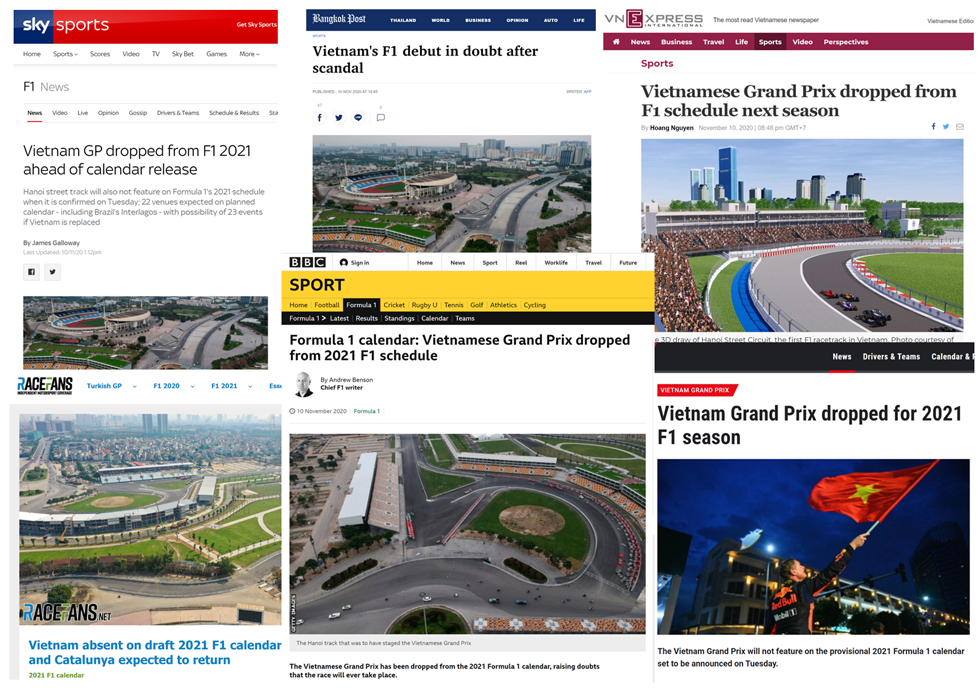
We continued our focus on loss of brand, reputation, business/professional opportunities throughout the remainder of our Breaking The Brand (to stop the demand) campaigns. The focus remained on brand, reputation and leadership, including the use of Warren Buffett quotes regarding reputation in our 2016/17 Lunar New Year campaign.
We not only continued to place adverts in Vietnamese business magazines, but we also send letters to key business people in Viet Nam, including entrepreneur Phạm Nhật Vượng, founder of VinGroup, the lead business sponsor and primary contractor of Viet Nam’s Formula 1 event.
What has happened with Viet Nam losing the F1, at least in 2021, could be a wake up call for the leadership of the country to address outdated business practices and corruption that tarnish the reputation and Brand Viet Nam on the global stage.
In finishing, we have to acknowledge the work of behaviour change in Viet Nam has become harder and more conflicted with the deterioration of leadership in so called advanced Western democracies. Corruption and cronyism are becoming endemic in the West, to the point that cronyism means that the only things that seem to work are incompetence, fraud and corruption, as highlighted in the recent book by Sarah Chayes ‘On Corruption in America’, which documents the extend and level of corrupt behaviour at the top of business and government.
The more corruption takes hold in the West, the harder it will be to hold emerging economies to account, which the West has been doing routinely on human rights and similar issues. That means we need to hold our own governments to account, and not just by voting.
